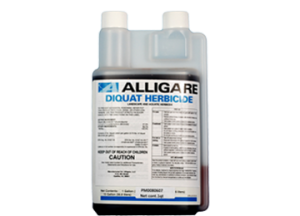Beginnings of the Thesis Journey
As the first semester of senior year begins, so does the concept of thesis, which in the past caused our freshman selves to tremble with anxiety.
It has only been about two weeks on campus and as a group the Williams lab has not yet began lab bench work, however we have completed allot of necessary preliminary training as well as began sifting through literature that focuses specifically on our thesis topic.
What IS my thesis topic you may ask? Well at the moment I believe I understand my topic, but I am not 100% sure if I am correct (a common occurrence during the beginnings of thesis at Bates). What I know is that I am focusing on the nfe2 gene, and whether it acts as a regulator for the oxidative stress response system. To test this, I will analyze Nfe2’s effects on the oxidative stress regulating genes Gclc and Nrf2a after the induction of oxidative stress using the chemical diquat. Before I can jump into testing Nfe2 however, I must test to see if diquat even affects these oxidative stress-regulating genes.

The first step before research begins is to design primers for Gclc as well as Nrf2a, so I can amplify the genes after diquat exposure using qPCR. This is done to analyze whether diquat has a significant effect on the transcription of these genes. Instead of reinventing the wheel, I sifted through past literature looking for Gclc and Nrf2a qPCR primers; luckily I was able to find both. I found the Nrf2a qPCR primer from a past article written by Professor Williams herself called “Developmental expression of the Nfe2-related factor (Nrf) transcription factor family in the zebrafish, Danio rerio”. I then found the Gclc qPCR primer from the article “Nrf2 regulates an adaptive response protecting against oxidative damage following diquat-mediated formation of superoxide anion”, written by Osburn et al. If either these primers do not work, I will probably have to design primers from scratch, so my fingers are crossed!
During the past week I have also gone through safety training both online, based on the CITI program, and meeting in person with Mary Hughes who makes sure all students and faculty are obeying federal regulations. Personally the most important concept I have taken away from these meetings is to conduct research with integrity, and if I do make a mistake, tell someone. Trying to cover up a mistake is where things become problematic and serious repercussions are felt. We were also introduced to the Williams lab, including our very own fabulous lab workstation and equipment! There was a plethora of information thrown at us concerning chemical locations and lab equipment directions, all of which I hope I have retained. Overall, I could not be more excited to begin lab work and get my thesis started. There really seems to be a family feel at the Williams lab, and I could not be happier to be apart of that.
Till next time,
Nicholas W. Pray’15